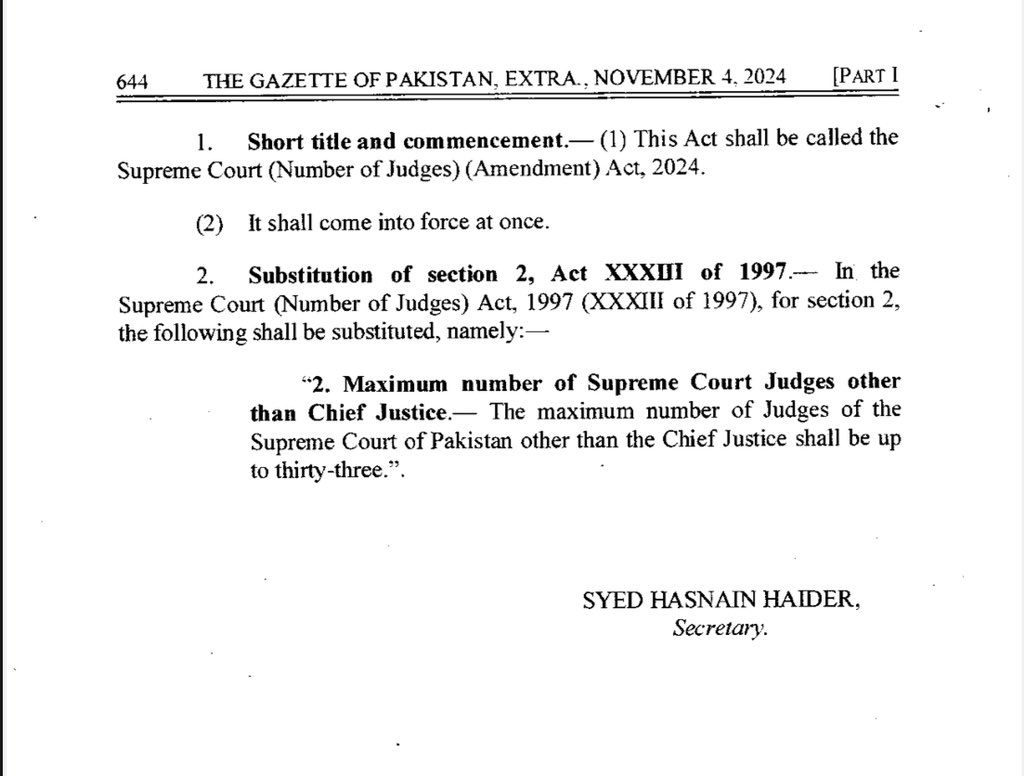
Legal Advisor, International Commission of Jurists, @ICJ_org. All tweets personal
5 subscribers
How to get URL link on X (Twitter) App













 2. Their resolution states “central” issue is elections, and views what is happening in SC largely from that perspective
2. Their resolution states “central” issue is elections, and views what is happening in SC largely from that perspective 



 2. SC suggested 3 judges found Art 63A so insignificant they didn’t even mention it
2. SC suggested 3 judges found Art 63A so insignificant they didn’t even mention it



